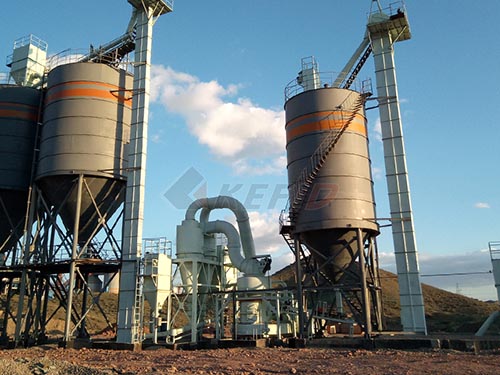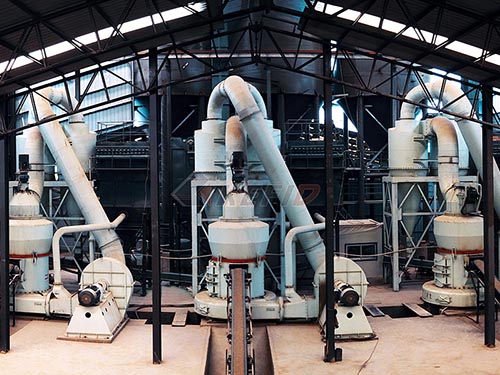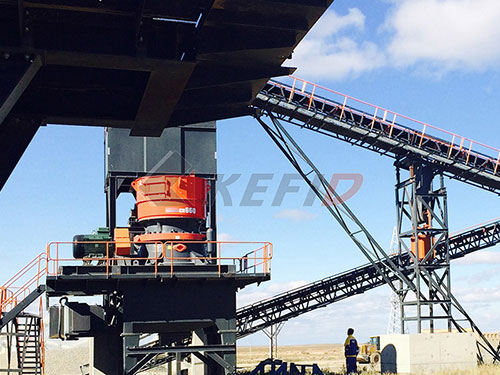Navigating the Indonesian Market: Understanding Rock Crusher Accumulator Prices
In the dynamic and resource-rich landscape of Indonesia, industries like mining, quarrying, and construction rely heavily on robust machinery. At the heart of many crushing operations lies the rock crusher, a powerhouse designed to reduce large rocks into smaller gravel, sand, or rock dust. Critical to the efficient and safe operation of these machines are hydraulic accumulators – devices that store potential energy in the form of pressurized hydraulic fluid. For plant managers, procurement specialists, and maintenance engineers across the archipelago, understanding the factors influencing rock crusher accumulator price in Indonesia is essential for effective budgeting and operational planning.

The Vital Role of Accumulators in Rock Crushing

Before delving into pricing specifics, it’s crucial to grasp why accumulators are indispensable:
Energy Storage & Shock Absorption: They absorb pressure spikes caused by crushing hard materials or encountering uncrushable objects (tramp iron), protecting hydraulic components like pumps, valves, hoses, and cylinders from damaging shock loads.
System Stability: They maintain consistent system pressure during rapid actuator movements or pump flow fluctuations.
Emergency Functions: Provide backup power for critical functions like releasing trapped material (clearing a jam) or safely lowering components during power loss.
Leakage Compensation: Compensate for minor internal leakage within cylinders or valves over short periods.
Pulsation Dampening: Smooth out pressure ripples generated by piston pumps.
Failure of an accumulator can lead to catastrophic component damage, unplanned downtime costing thousands per hour, safety hazards, and reduced crusher lifespan.
Factors Influencing Rock Crusher Accumulator Prices in Indonesia
The price tag on a replacement accumulator for your crusher isn’t arbitrary. It’s shaped by a complex interplay of technical specifications and market dynamics:
1. Accumulator Type & Technology:
Bladder vs. Piston vs. Diaphragm: Bladder accumulators are generally the most common for rock crushers due to their fast response time and good gas retention. Piston types handle higher pressures and volumes but respond slower and cost more. Diaphragm types are often used for smaller volumes.
Pre-charge Pressure Requirements: Higher required pre-charge pressures necessitate more robust designs.
Material Specifications: Construction materials significantly impact cost:
Shell: Carbon steel is standard; stainless steel (304/316L) is required for corrosive environments or specific

Leave a Reply